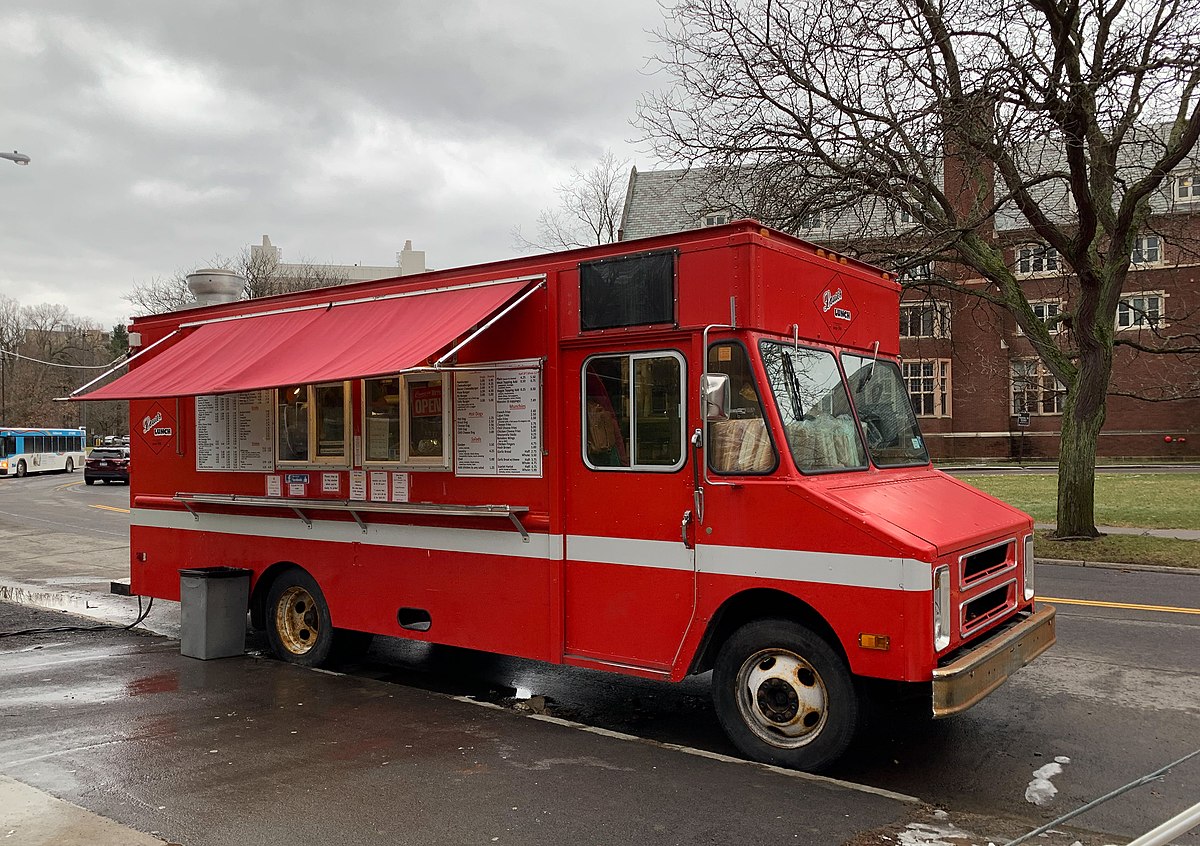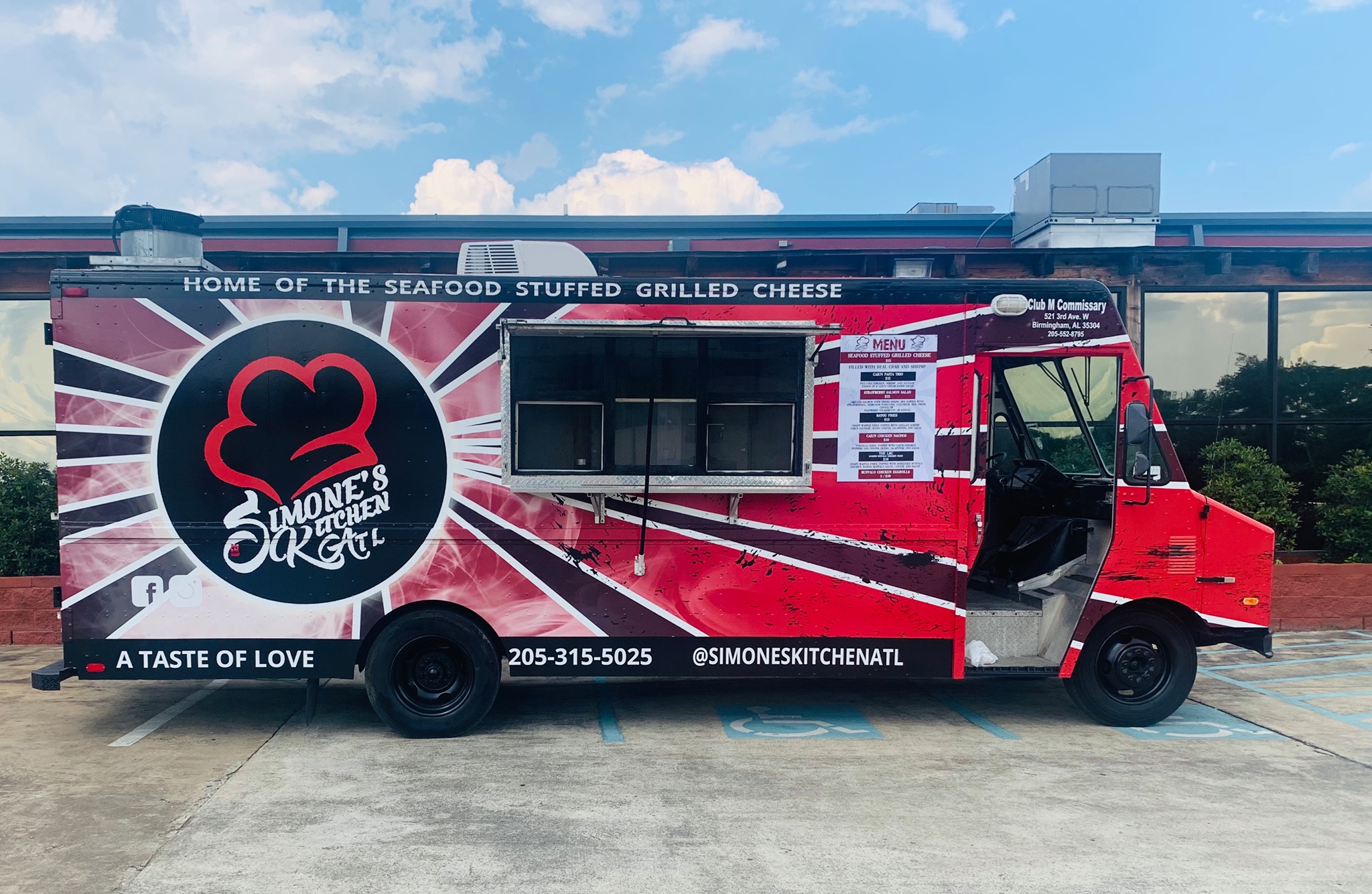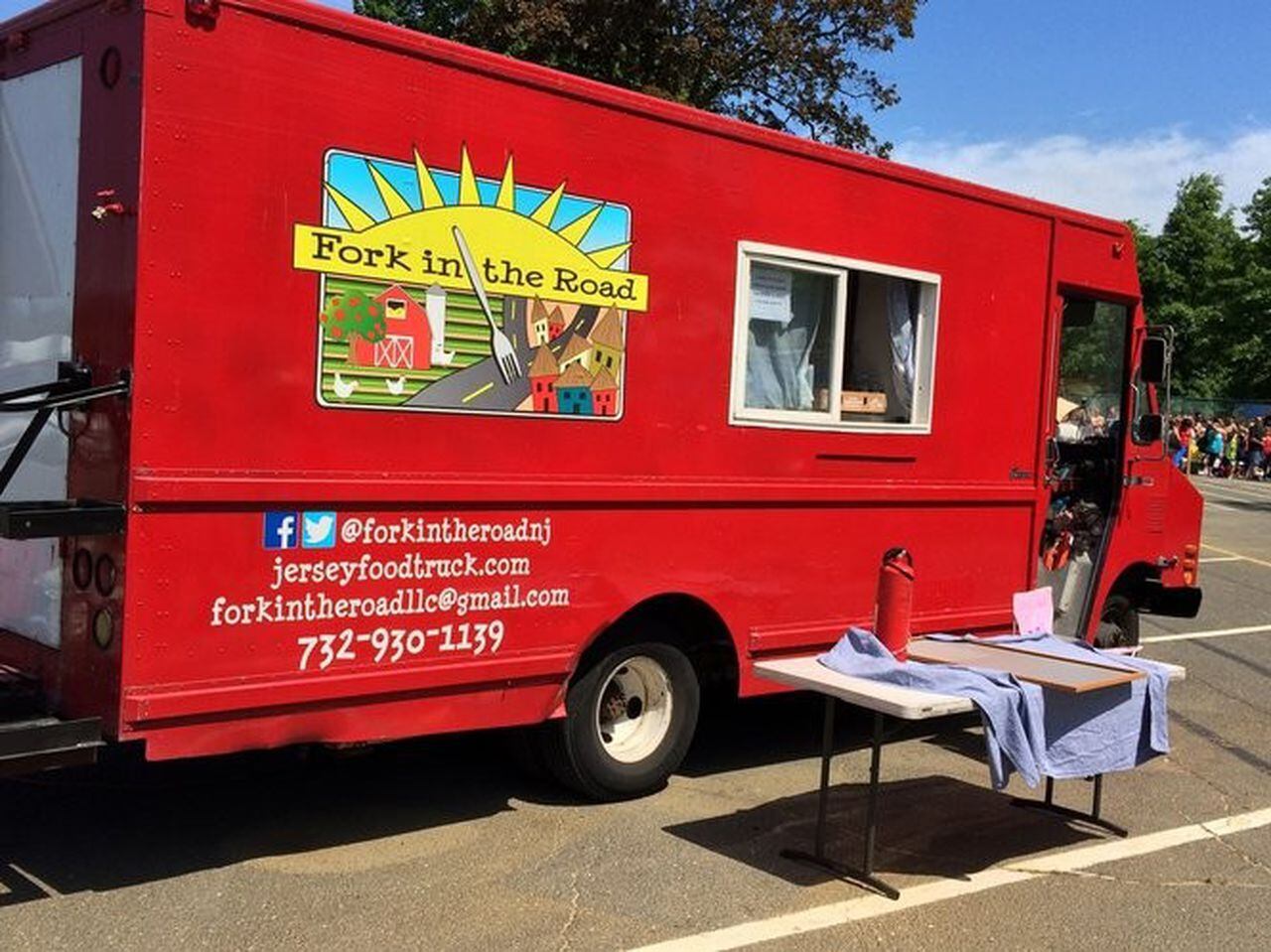In recent years, America’s streets have been overtaken by a delicious revolution: the rise of food trucks. From humble beginnings offering simple sandwiches and ice creams, these mobile eateries have evolved into purveyors of a dazzling array of culinary delights. The food truck craze truly took off with the advent of Kogi BBQ in Los Angeles in 2008. This innovative venture combined Korean barbecue with Mexican tacos, creating a fusion that captivated foodies nationwide.
The timing of this culinary innovation coincided with the Great Recession, a period that saw many skilled chefs leaving traditional restaurants to venture into the food truck business. These mobile kitchens allowed for creative culinary expressions while providing easier and faster access to gourmet food for the public.

America’s Top Food Truck Choices
Today, the variety of food offered by trucks is astonishing. According to the Food Liability Insurance Program, the most sought-after food truck offerings now include gourmet takes on classic dishes like grilled cheese sandwiches, tacos, barbecue, and burgers. Noteworthy mentions also go to more exotic choices like mac n’ cheese, Indian, and Thai cuisines, along with vegetarian options and the ever-popular pizza.
However, as the demand for these mobile dining options grew, so did the businesses supporting them, including food truck manufacturers. One such company, One Fat Frog, positioned itself as a significant player in this industry by claiming the title of the nation’s largest food truck manufacturer.

Financial Turmoil Hits One Fat Frog
On May 24, the industry faced a significant setback when One Fat Frog filed for Chapter 11 bankruptcy in the U.S. Bankruptcy Court for the Middle District of Florida. The company, based in Orlando, listed assets and liabilities between $1 million to $10 million. This filing was a culmination of various challenges, including multiple lawsuits alleging that the company failed to deliver on its promises to customers.
The situation grew more complicated with creditors and customers alike demanding payments or deliveries of mobile kitchens that were paid for but never received. The gravity of their financial woes is highlighted by over $4.8 million in unsecured claims, including debts owed to vendors and merchant cash advances.

Legal Battles and Customer Disputes
One poignant example of these issues involves Memphis, Tenn.-based First Horizon Bank and a customer from Youngsville, La., Billy & Jo Creole Cooking. The latter secured a loan to purchase a mobile kitchen trailer from One Fat Frog, which failed to deliver the product. This failure not only led to financial losses for Billy & Jo Creole but also prompted legal action from First Horizon Bank to recover the mobile kitchen trailer.
The lawsuit filed by First Horizon includes demands for the return of the trailer and claims for civil theft, highlighting the broader impacts of One Fat Frog’s bankruptcy on its customers and creditors.

Conclusion: The Uncertain Future of Food Truck Manufacturing
The bankruptcy of One Fat Frog is a stark reminder of the precarious nature of the food truck industry’s support systems. While food trucks themselves continue to be a popular choice for entrepreneurs and food enthusiasts, the manufacturers of these mobile kitchens face unique challenges. As the industry continues to evolve, the stability and reliability of companies like One Fat Frog will be crucial in sustaining the growth and diversity of America’s food truck culture. As this situation unfolds, many are left wondering about the future landscape of food truck entrepreneurship and the suppliers that fuel this vibrant market.










